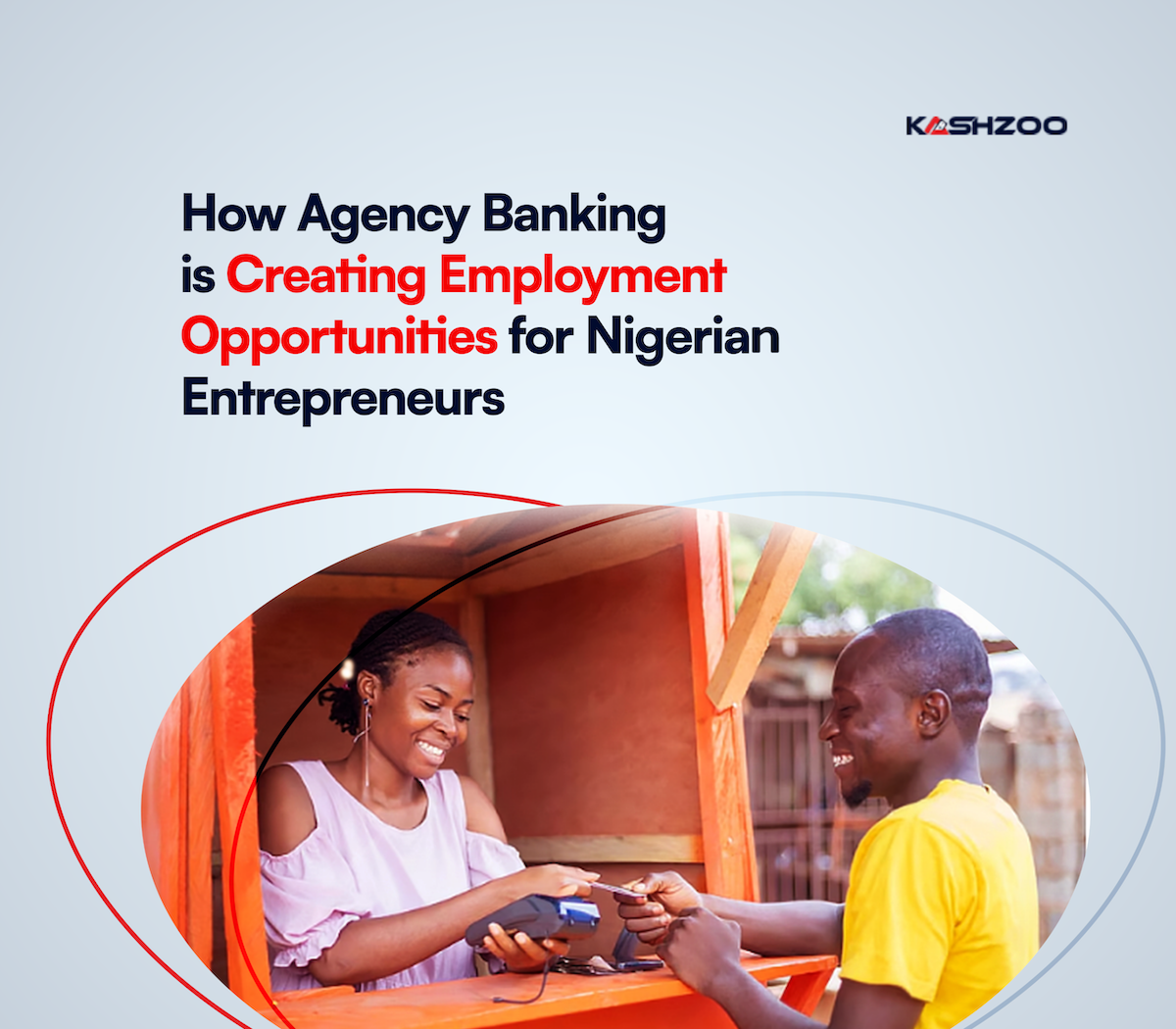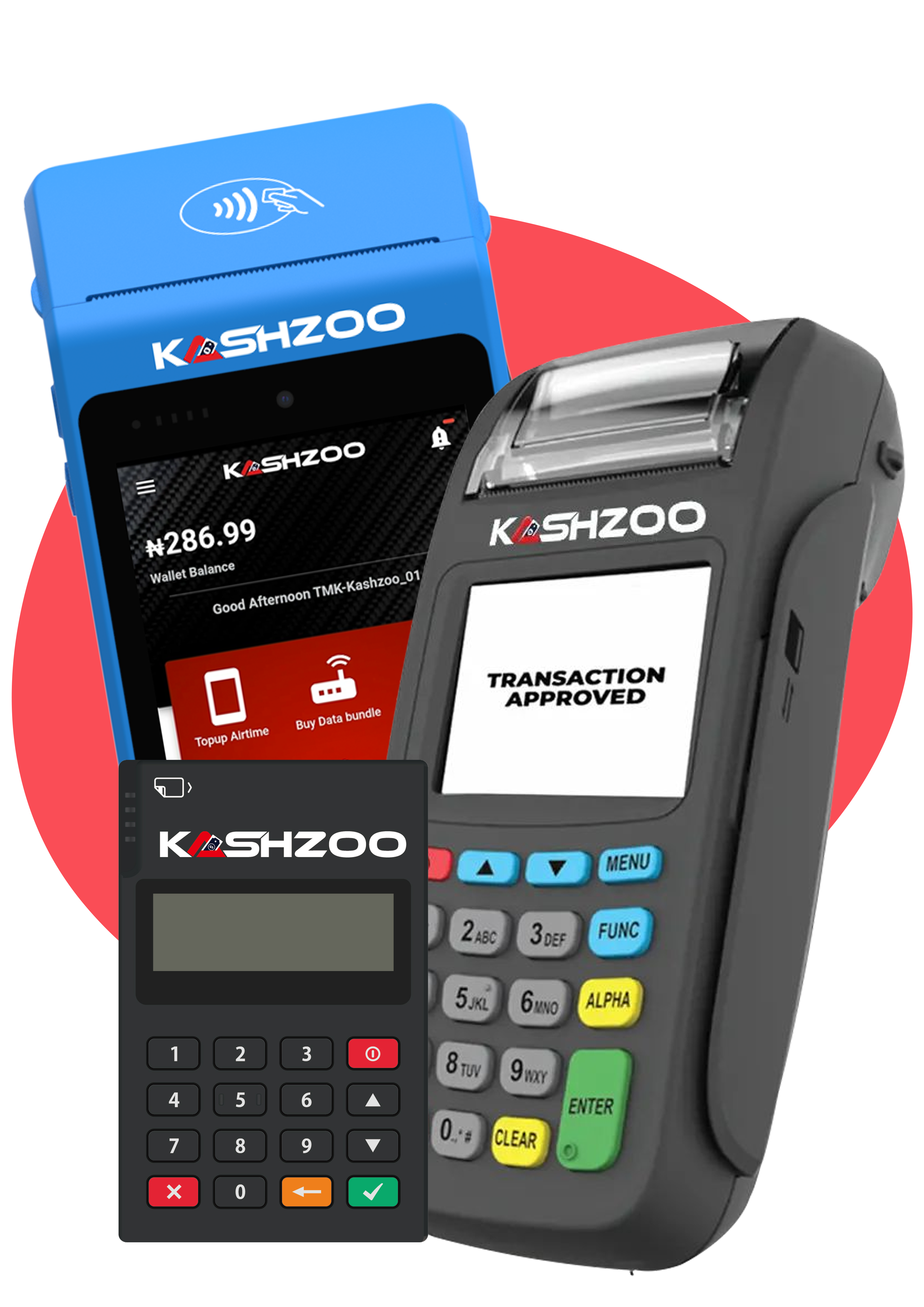The Unemployment Challenge and the Promise of Agency Banking
Before adopting agency banking, many Nigerians had limited access to traditional banking services, particularly in rural and underserved urban areas. The gap in financial access hindered economic growth and restricted job opportunities, especially for the young population and women.
With the country’s unemployment rate rising, the introduction of agency banking provided a lifeline. It allowed individuals to act as agents for financial institutions and offered essential financial services in their communities, opening up new employment avenues.
This initiative has significantly contributed to reducing the unemployment rate, which, while still high, has seen positive impacts from these new opportunities. Statistics from Statista, a Nigerian database, backs this assertion. The statistics show that the number of agents increased from 38,416 in 2018 to 266,039 people in 2019.
The Role of Agency Banking in Employment Creation
- Empowering Micro-Entrepreneurs
Agency banking empowers individuals to become micro-entrepreneurs. With a relatively low start-up cost, people can become agents and offer cash deposits, withdrawals, bill payments, and loan disbursements. This model provides a steady income stream, with agents earning transaction commissions.
- Expanding Financial Inclusion
Financial inclusion is necessary for economic growth and poverty reduction. Agency banking extends banking and other financial services to rural areas where traditional banks may not have branches. By increasing access to financial services, agency banking enables more people to participate in the economy, supporting small businesses and creating a ripple effect of economic activity.
- Training and Skill Development
Agents receive training from the super agents on financial management, customer service and digital skills to operate effectively. The exercise enhances agents’ capabilities as business owners and improves their employability in the broader job market. Agents can leverage the skills acquired in other entrepreneurial ventures or employment opportunities.
- Supportive Ecosystem and Additional Jobs
The growth of agency banking necessitates a supportive ecosystem, including logistics, security, and technical support. The demand creates additional employment opportunities in these areas, further contributing to job creation.
- Inclusivity and Gender Empowerment
Agency banking often provides opportunities for marginalised groups, such as women and youth. These opportunities allow them to earn an income, promote economic independence, and contribute to gender equality. This inclusivity helps tap into the potential of these demographics, often underrepresented in the formal economy.
Impact on Unemployment and Economic Growth
Though specific statistics on the impact of agency banking on unemployment are still emerging, there is practical evidence, and localised studies indicate a positive trend. For example, the Central Bank of Nigeria (CBN) has reported that the number of agency banking outlets has grown significantly, and that has created thousands of jobs nationwide. This growth is crucial in a nation where the formal banking sector needs help to meet the demand for financial services.
Furthermore, agents’ success often encourages more people to participate in this innovation, which leads to a continuous cycle of job creation and economic empowerment. As more Nigerians access banking and financial services, the informal sector’s reliance decreases, fostering a more robust and inclusive financial ecosystem.
A Catalyst for Sustainable Economic Development
Agency banking represents a transformative force in Nigeria’s economy. It addresses critical issues of unemployment and economic imbalance by creating employment opportunities, fostering financial inclusion, and promoting entrepreneurship. As the country struggles with the mentioned challenges, the agency banking model offers a scalable and sustainable solution, driving individual prosperity and national economic growth.
Our Take
While agency banking alone cannot solve Nigeria’s unemployment situation, it is a significant step in the right direction. It demonstrates how innovative financial solutions can have far-reaching impacts, not just in banking but across the broader socio-economic sectors of the nation. As more Nigerians embrace this model and partner with fintech companies such as Kashzoo, the hope for a more inclusive and prosperous future becomes inevitable.




What do you think?
It is nice to know your opinion. Leave a comment.